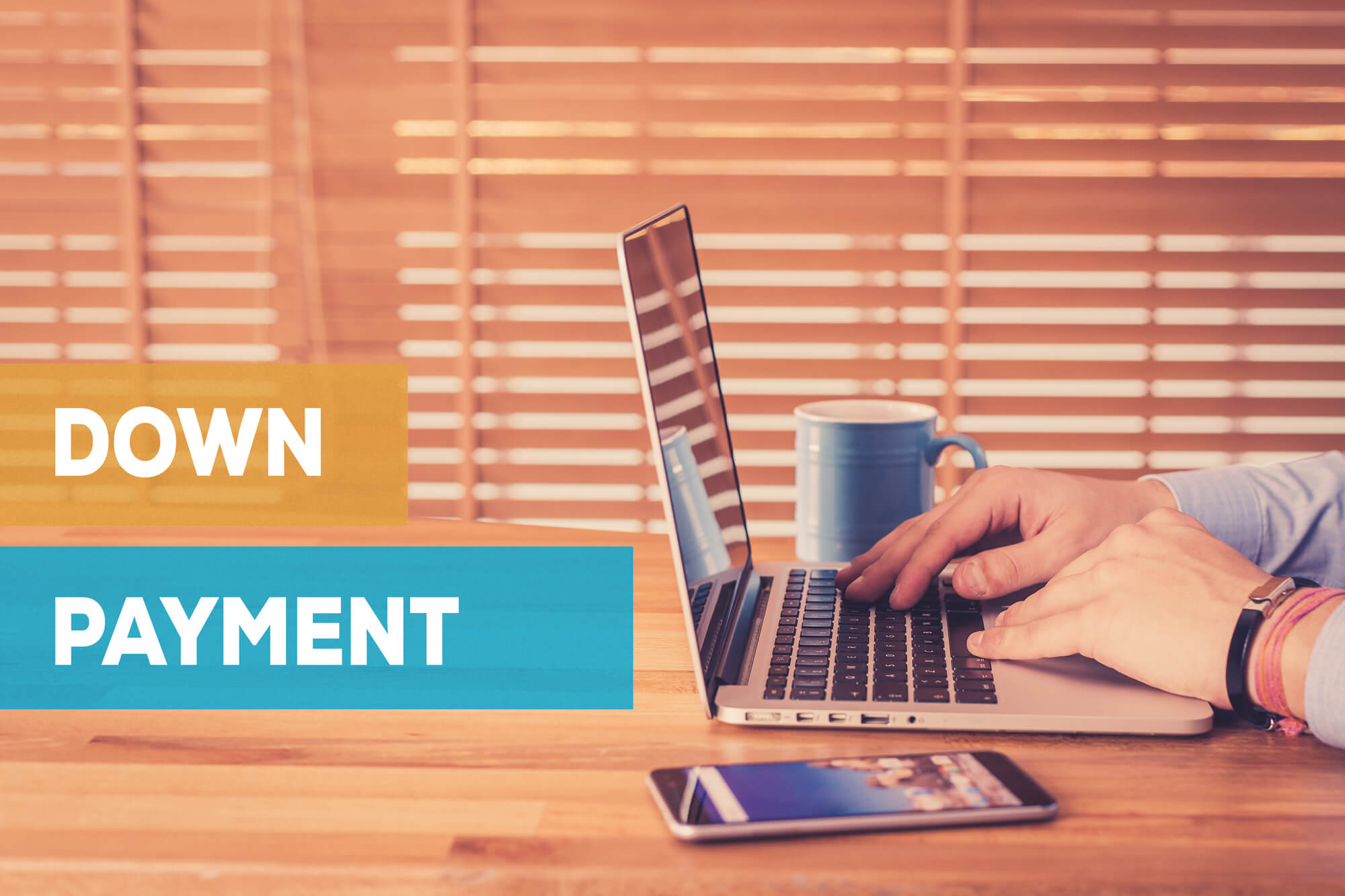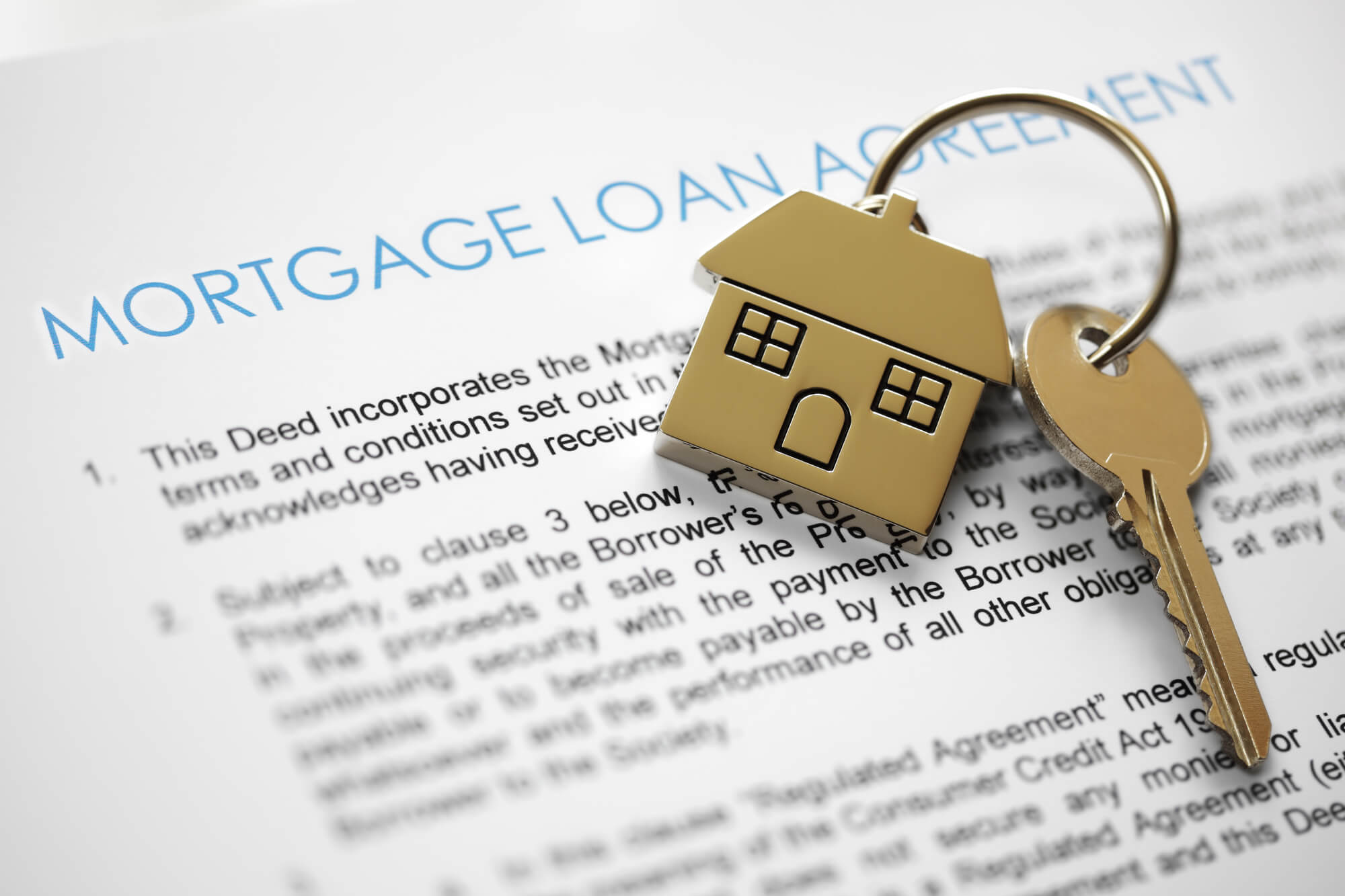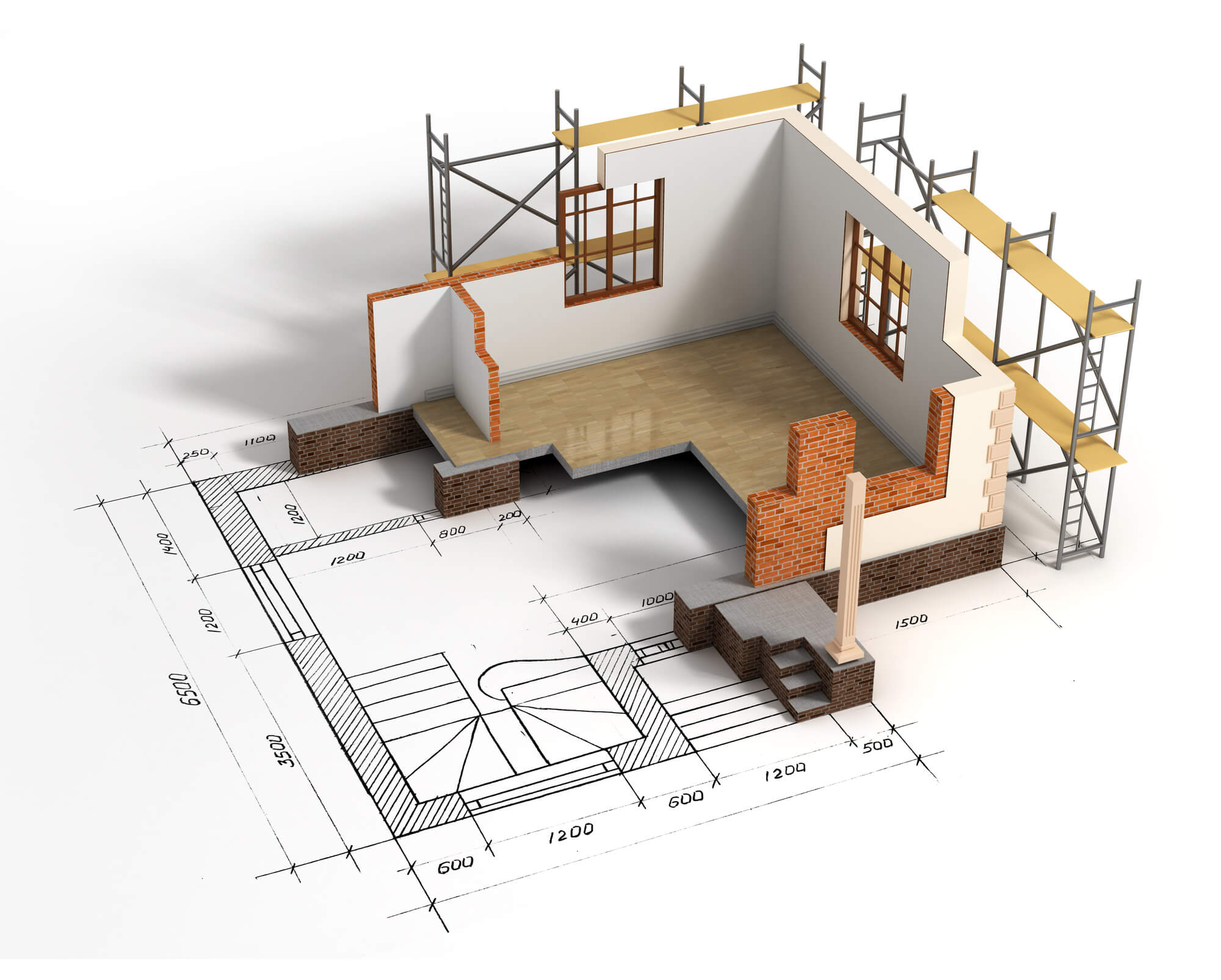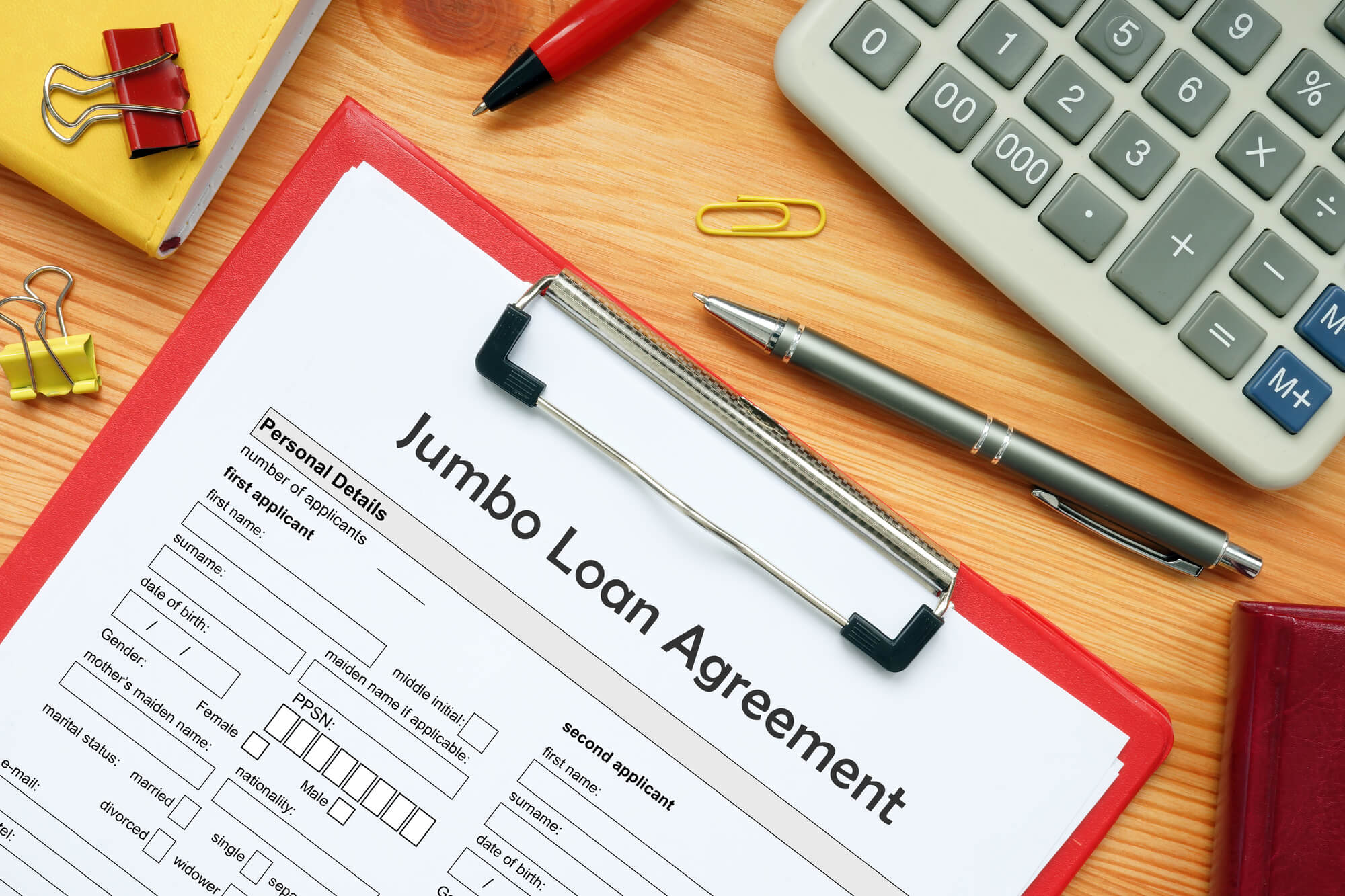When you start your homebuying journey, one of the most challenging parts is coming up with a down payment. It’s a financial decision that is both exciting and tough to play out. Just like choosing your home, you also have to choose the best mortgage that best fits you. This is because you need to come up with a down payment before you could get a conventional loan. Generally, the down payment requirement may vary depending on numerous factors. In this article, we will help you explore how much is the minimum down payment for a conventional loan.
What is a Conventional Loan and Down Payment?
First things first, you must know what a conventional loan is. Just like any other loan, a conventional loan is borrowed money used to purchase your primary residence or any other property. These are usually offered by private lenders.
When you make a large purchase, a down payment is the funds you use to initially pay upfront. And then, you use a loan to gradually pay off the remaining balance. It’s usually shown in percentage of the total purchase price. For instance, if the property costs 200,000 dollars and the down payment requirement is 20%, then you need to come up with 40,000 dollars. The remaining 160,000 dollars would be paid through your mortgage loan.
What is the Purpose of a Down Payment?
A downpayment is a security measure for the lender or seller and also decreases the money that needs to be borrowed. If you default on the loan, the lender can claim the property and sell it as they wish to recover their losses. On your end as a homebuyer, this demonstrates your ability to manage your finances responsibly. You may also eliminate the need to pay for private mortgage insurance if you make larger down payments.
How much Should You Pay For a Conventional Loan Down Payment?
Again, conventional loans may require a minimum down payment of at least 3% of your home’s entire price. However, keep in mind that they may raise the number if you have a lower credit score. On the other hand, if you put down less than 20%, you may be subjected to paying private mortgage insurance (PMI). This insurance policy is essential for the lender’s protection in any case you default on the loan. On average, a PMI costs between 0.3% and 1.5% of the annual loan amount. Additionally, the minimum down payment requirement may also depend on several factors such as:
- Property’s purchase price
- Loan Type
- Credit score
- Debt to income ratio
- Property type
- Private mortgage insurance
- Lender requirements
Conclusion
Acquiring a conventional loan to purchase your dream home requires a payment, which benefits both you and the lender. It demonstrates your financial responsibility and serves as protection for the lender. How much should you pay for a conventional loan down payment may depend on several factors that you need to consider. Work with a trusted lender and understand the minimum requirements needed. Ensure that you have obtained enough funds to cover your dream home’s down payment and get the loan that you need. Contact us at Mann Mortgage to learn more about down payments and conventional loans.




